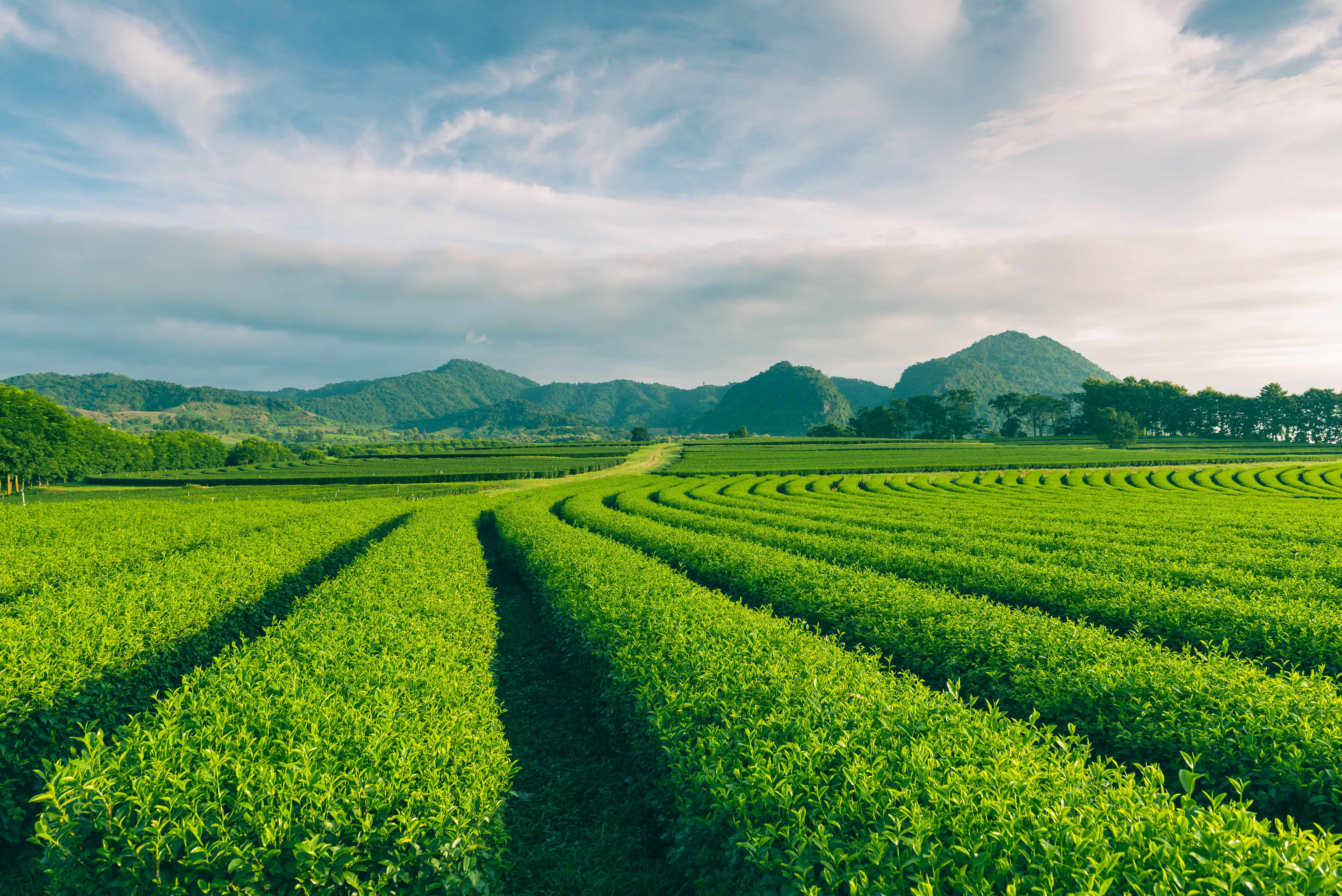Our insight into agricultural recruitment in the Philippines and Indonesia
The agricultural sector is vitally important to the economies of the Philippines and Indonesia, despite the rise of industrialisation and the service sector in both countries. Indonesia in particular is one of the world’s major players in the agricultural sector, providing a wide range of tropical crops and essential agricultural commodities, including rice, palm oil, cocoa, coffee, tea and spices. In the Philippines crops such as rice, sugar and coconut dominate crop production and exports.
Although the archipelagos of both countries are climatically and geographically similar, the current agricultural sector does vary between the two and this is something we’ll explore further in this article, starting with the picture in Indonesia.
Agriculture in Indonesia
As already mentioned, agriculture is a key sector for the Indonesian economy. Although there has been a steady decrease in the sector’s share of the country’s national GDP over the last 50 years due to an increase in industrialisation and the service sector, farming and agriculture still remain an essential source of income for the majority of Indonesian households.
Indonesia’s crop production is essential to the county’s economy and it is currently the world’s largest producer of plantation grown crops including natural rubber and palm oil. Despite this, food and horticultural crop production is comparatively low. Over the last ten years or so, there has been an increase in horticultural imports; a sign that the tastes of Indonesians is diversifying as never before. As a result, the domestic market is ripe for expansion, with the potential to cultivate a wider range of more profitable fruit and vegetables.
Indonesia’s agricultural sector faces challenges
Indonesia’s agricultural sector might be large in size but this doesn’t means that there aren’t challenges to be overcome. A number of barriers stand between the current situation and the sector reaching its maximum potential, such as supply chain problems and slow technological advancement. In addition, these challenges are further exacerbated by environmental factors such as drought and prolonged periods of bad weather, resulting in shortages of essentials such as wheat, rice and sugar. As such, there is certainly a need for agricultural recruitment consultants in Indonesia to find individuals with the skills and expertise to start addressing these problems.
The need for increased agricultural recruitment in Indonesia is highlighted by a drive over recent years to adopt modern farming methods. So-called ‘agripreneurs’ and the Indonesian government have begun to transform the country’s agricultural sector by using updated methods and through the establishment of collectives. Nevertheless, there are emerging challenges to face, including the impact of climate change and an increase in demand for improved food traceability; issues which are already having a negative impact upon agriculture in Indonesia.
Of course there’s no magic bullet when it comes to solving problems such as these, however a combination of rapid innovation and the deployment of emerging digital technologies will hopefully bring significant benefits by helping to reduce unwieldy supply chains, cut the county’s carbon footprint and ensure even distribution of economic growth.
Agriculture in the Philippines
Thanks to its tropical climate and terrain, the Philippines produces a wide range of crops, most notably rice or palay, sugar cane, bananas and coconut. In addition, over recent years, there has been an increase in fruit and nut production which now contribute a significant share of the country’s total agricultural exports. Unfortunately, as with so many countries across the world, the lengthy lock down during the Covid-19 pandemic, combined with natural disasters, led to the gross output of the Philippines’ agricultural sector contracting by 1.2 per cent in 2020.
There are also other issues which can be attributed to the slow growth of the Philippines’ agricultural sector, such as the unchecked appropriation of formerly arable land into residential areas and tourist resorts. The Philippines boasts a land area of 30 million hectares, however, just one third of this is currently used for agriculture. Furthermore, thanks to the location of the Philippines archipelago, it is susceptible to natural disasters such as drought and flooding which only contribute further to reduced agricultural production.
So what can be done to improve the situation? Thankfully it’s not all doom and gloom and provided sufficient investment is made in innovation and technology, combined with steps to improve diversity and an increase in output and support for farmers, it’s hoped that the future will look much brighter. Imaginative solutions are required, provided talented individuals with much needed experience and skills are recruited within the agricultural sector.
Peak Recruit – leading agricultural company in the Philippines and Indonesia
At Peak Recruit we have wide ranging experience in agricultural recruitment in the Philippines, Indonesia and across the Asia Pacific region. We have an in-depth understanding of the agribusiness segment which requires an extremely niche and scientific talent pool. Our dedicated agriculture consultants strive to find outstanding individuals to fill demanding roles. If you would like to find out more, or to speak to one of our agricultural recruitment consultants in the Philippines and Indonesia, please get in touch.

